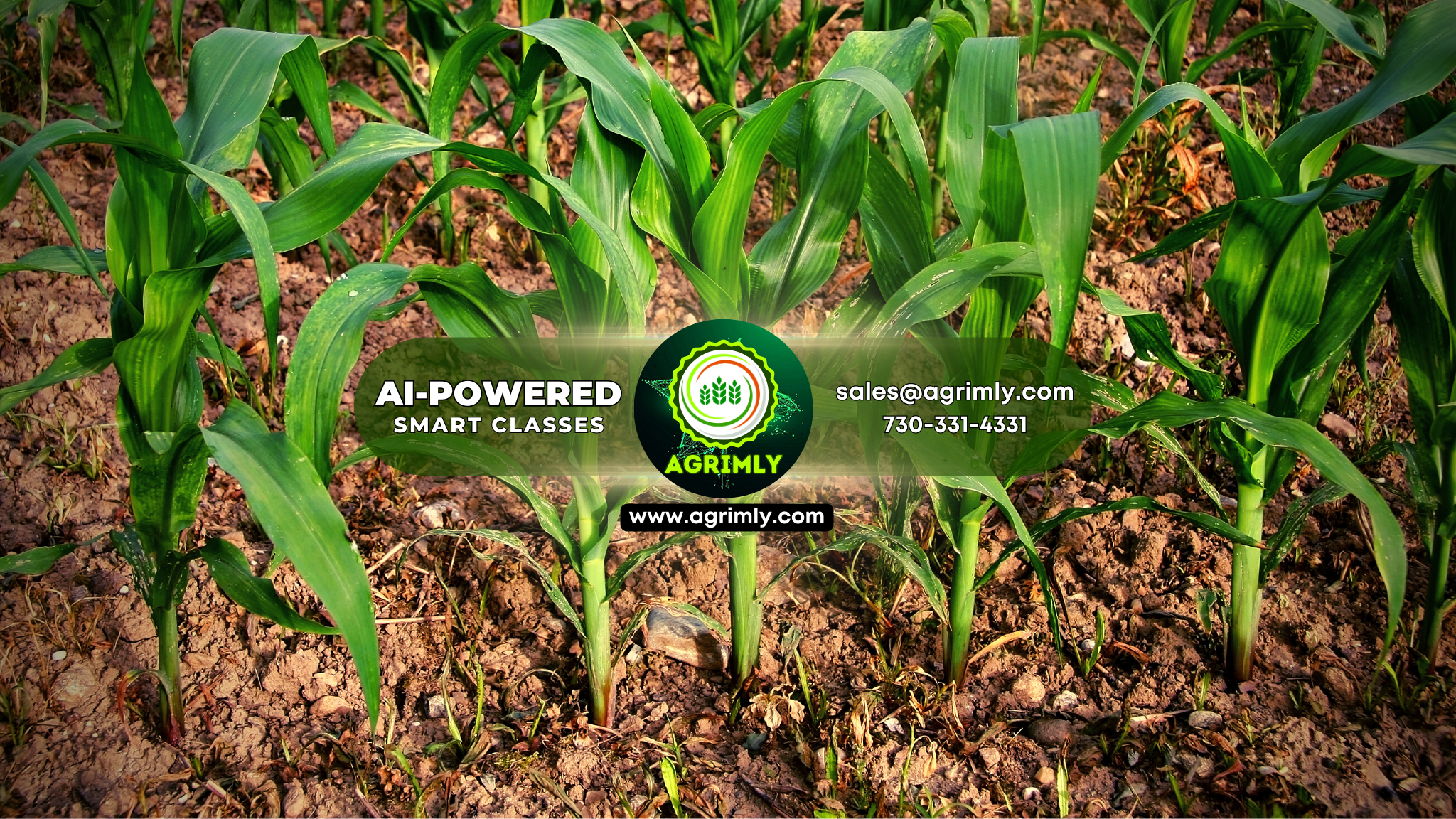SYLLABUS FOR THE ALL INDIA COMPETITIVE EXAMINATION FOR
ADMISSION TO DOCTORAL DEGREE PROGRAMMES AND THE AWARD OF
JRF/SRF (PGS):
SYLLABUS FOR ICAR AICE PHD JRF/SRF (PGS) EXAM FOR
16 POST HARVEST TECHNOLOGY
Unit 1: Post-Harvest Technology of Vegetable Crops
- Scope and importance of post-harvest management of vegetables
- Nature and causes of post-harvest losses
- Maturity indices and standards for different vegetables
- Methods of assessment of maturity
- Physiological and biochemical changes during maturity and ripening
- Enzymatic and textural changes
- Ethylene evolution and management
- Respiration and transpiration
- Influence of pre-harvest practices on shelf life and quality
- Harvesting methods and practices
- Pre-cooling methods
- Grading, washing, and pack house operations
- Pre-treatments, including chemicals, wax coating, edible coating, and irradiation
- Packaging of vegetables and packaging materials
- Storage methods (ventilated, refrigerated, MA, CA storage, etc.)
- Storage disorders and prevention
- Post-harvest diseases and pests prevention
- Principles of transport
- Food safety standards and export standards
Unit 2: Post-Harvest Technology of Fruit Crops
- Scope and importance of post-harvest management of fruits
- Factors leading to post-harvest losses
- Maturity indices and methods of assessment
- Harvesting practices and grading
- Physiological and biochemical changes during maturity and ripening
- Ethylene evolution and management
- Enzymatic and textural changes
- Respiration and transpiration
- Influence of pre-harvest practices on shelf life and quality
- Harvesting methods and practices
- Pre-cooling methods
- Grading, washing, and pack house operations
- Pre-treatments prior to shipment
- Pre-packaging and irradiation
- Packaging of fruits and packaging materials
- Storage methods (ventilated, refrigerated, MAS, CA storage, etc.)
- Physical injuries and disorders
- Transportation and marketing standards for international markets
- Principles and methods of preservation
- Food processing (canning, fruit juices, beverages, pickles, etc.)
- Dried and dehydrated products
- Nutritionally enriched products
- Fermented fruit beverages
- Packaging technology
- Processing waste management
- Food safety standards and export standards
Unit 3: Value Addition of Flowers
- Prospects of value addition
- National and global scenario, production, and export
- Women empowerment through value-added products
- Supply chain management
- Types of value-added products for flowers
- Value addition in loose flowers, garlands, veni, floats, floral decorations
- Value addition in cut flowers and flower arrangements
- Selection of containers and accessories for floral products
- Aromatherapy, pigment, and natural dye extraction techniques
- Dry flowers and their preparation techniques
- Designing and arrangement of dry flower products
- Packing and storage
- Concrete and essential oils
- Selection of species and varieties for pigments
- Extraction methods for natural pigments
- Applications and export standards
Unit 4: Processing of Plantation Crops, Spices, Medicinal, and Aromatic Plants
- Prospects of processing and value addition
- National and global scenario, production, and exports
- Commercial uses of spices and plantation crops
- Processing of major spices and plantation crops
- Extraction of oleoresin and essential oils
- Processing of produce from plantation crops
- Processing of medicinal plants
- Different methods of drying and storage
- Microbial contamination and prevention
- Influence of temperature and time on active principles
- Extraction and analysis of active principles
- Distillation and solvent extraction from aromatic plants
- Extraction of aroma compounds and aromatherapy
- Applications in pharmaceuticals and nutraceuticals
- Application of nanotechnology in medicinal and aromatic plants
- Export standards



No comments:
Post a Comment
Thank You for feedback. Keep commenting on it.